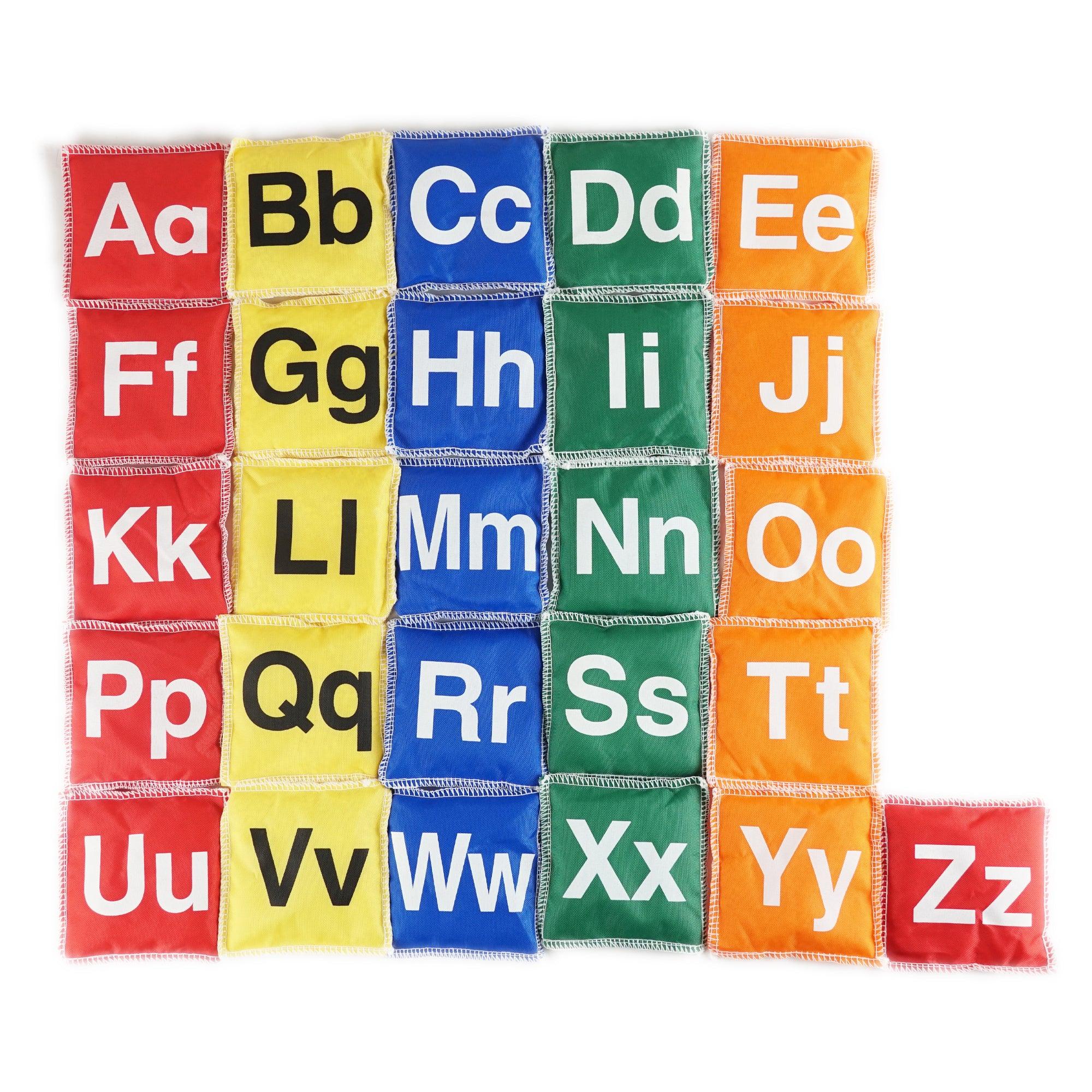The Role of Puzzles in Developing Problem-Solving Skills
Introduction
Puzzles have been around for centuries, captivating people of all ages and backgrounds. From jigsaw puzzles to crossword puzzles, these brain-teasers not only provide entertainment but also play a significant role in enhancing problem-solving skills. Whether you are a child, a student, or even a working professional, engaging in puzzles can offer an array of benefits that go beyond mere enjoyment. In this article, we will explore the importance of puzzles in developing problem-solving skills and how they can contribute to personal and professional growth.
Benefits of Puzzles for Problem Solving
Puzzles offer much more than just a cure for boredom. They provide an intellectual challenge that encourages critical thinking and boosts problem-solving abilities. Here are some key benefits:
- Enhanced Cognitive Skills: Solving puzzles requires logical thinking, attention to detail, and the ability to analyze information. These mental skills are essential for successful problem-solving in various aspects of life.
- Improved Memory and Concentration: Regularly engaging in puzzles can help enhance memory, as it encourages the brain to recall information, patterns, and solutions. Additionally, puzzles require focus and concentration, which can be beneficial in everyday tasks.
- Developed Strategic Thinking: Puzzles often involve strategic planning and decision-making. By solving puzzles, individuals learn to analyze different options, make informed choices, and work towards a specific goal.
- Increased Creativity: Puzzle-solving encourages the brain to think outside the box and find creative solutions. This ability to think creatively is not only valuable in problem-solving situations but also in generating fresh ideas and approaches in various areas of life.
- Effective Time Management: Solving puzzles requires time management skills. Players need to prioritize tasks, utilize resources efficiently, and allocate enough time for each aspect of the puzzle-solving process.
- Stress Relief: Engaging in puzzles can be an excellent stress reliever. It provides a break from daily responsibilities and allows individuals to redirect their focus towards a fun and challenging activity.
Types of Puzzles for Problem Solving
Puzzles come in various forms, catering to different interests and preferences. Here are some popular types of puzzles that can help develop problem-solving skills:
- Jigsaw Puzzles: These puzzles involve fitting together various interlocking pieces to form a complete picture. They require logical thinking, attention to detail, and visual-spatial skills.
- Crossword Puzzles: Crossword puzzles engage the brain in wordplay, vocabulary, and general knowledge. They encourage problem-solving through finding the correct words to fill in the grid.
- Sudoku: Sudoku puzzles test logical reasoning and deductive skills. They require filling a grid with numbers in a way that satisfies specific rules and conditions.
- Logic Puzzles: Logic puzzles challenge individuals to use deduction and reasoning to solve complex problems. They often involve scenarios, clues, and a finite set of possible solutions.
- Brain Teasers: Brain teasers encompass a wide range of puzzles, riddles, and mind games that require thinking outside the box. They can involve visual patterns, mathematical problems, or word puzzles.
Conclusion
Puzzles serve more than just a form of entertainment – they are powerful tools for developing problem-solving skills. Whether you are looking to sharpen your cognitive abilities, boost creativity, or enhance strategic thinking, engaging in puzzles can provide a multitude of benefits. So, the next time you come across a puzzle, embrace the opportunity to challenge your mind and experience the rewarding journey of problem-solving.




